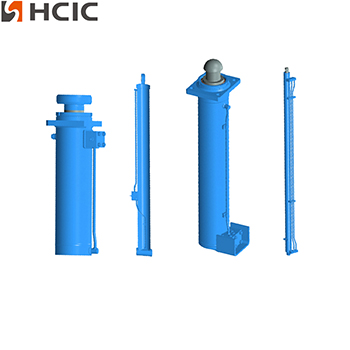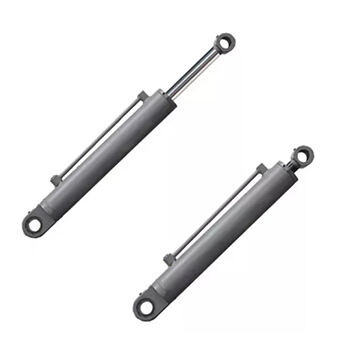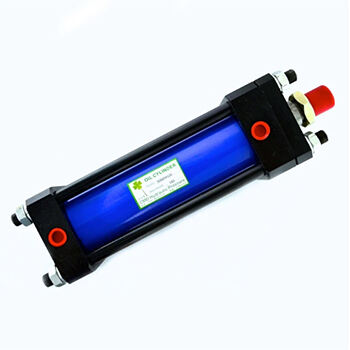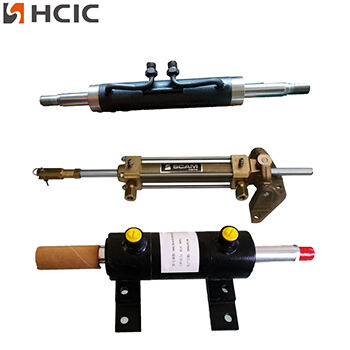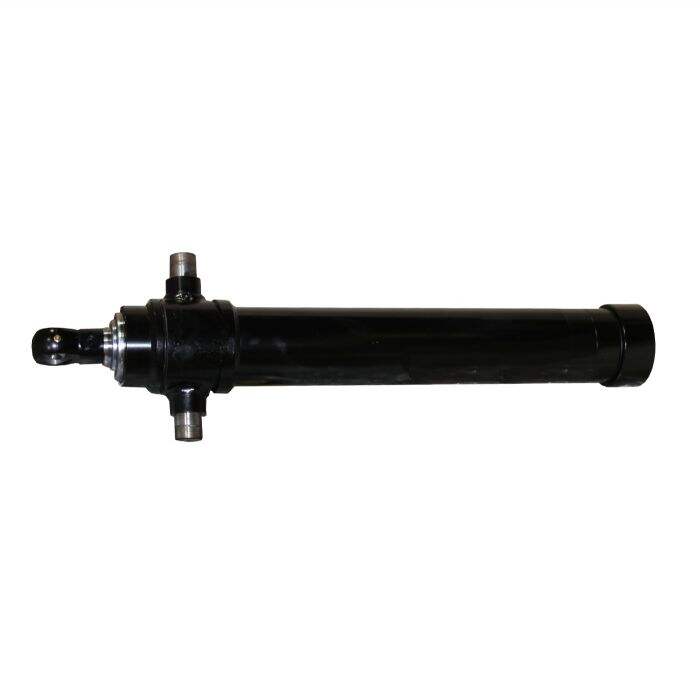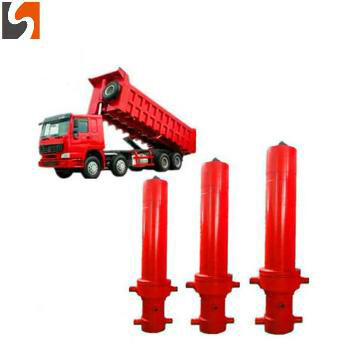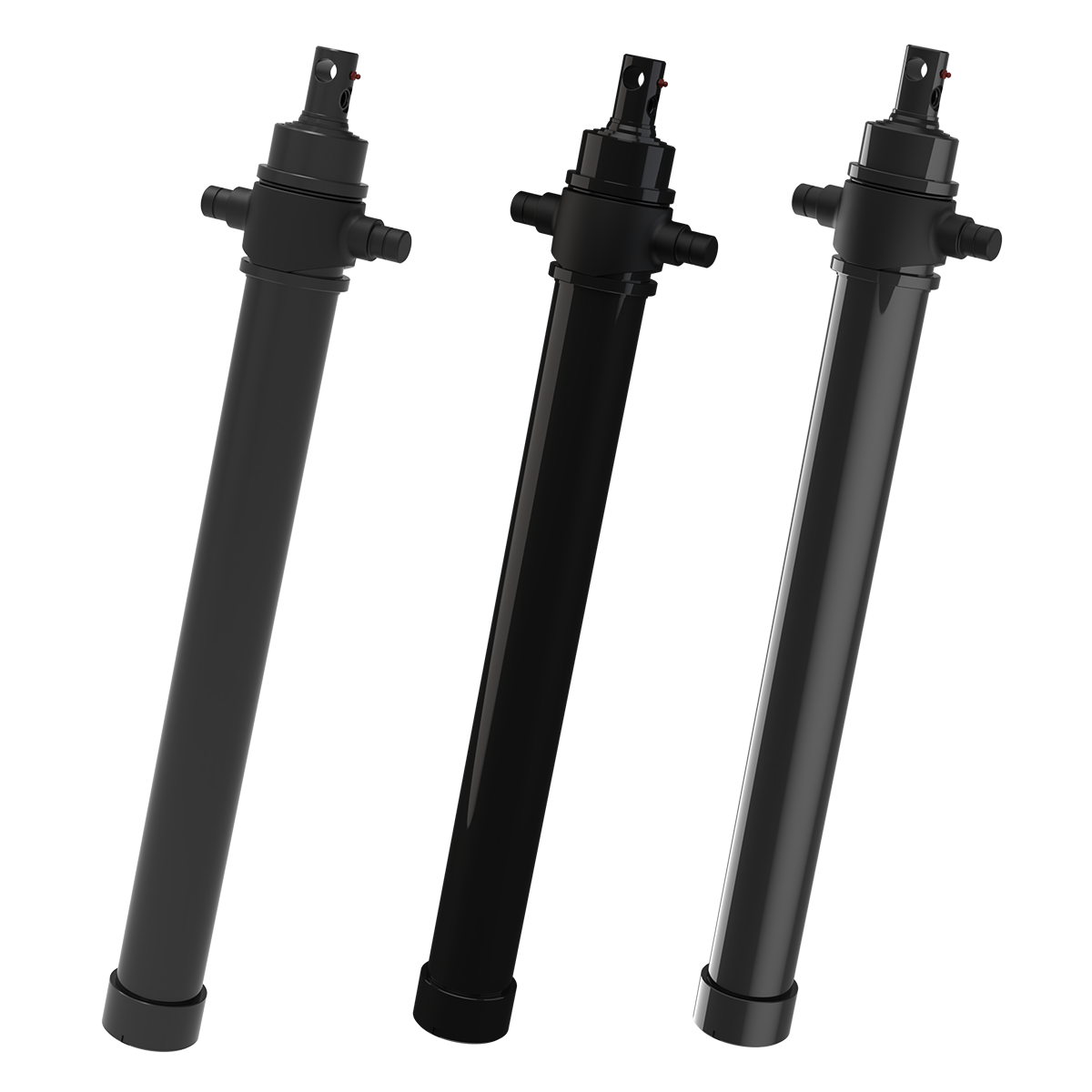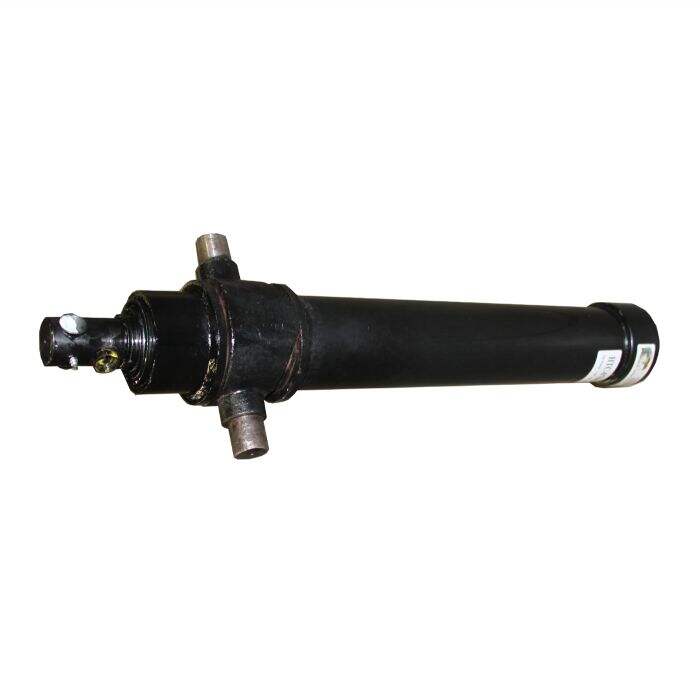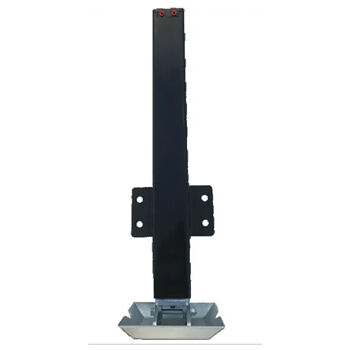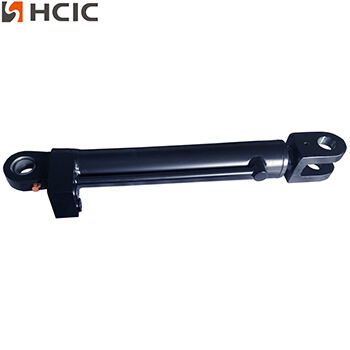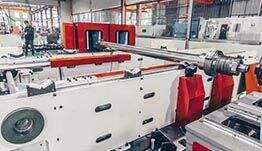Hydraulic Cylinders for Log Splitters Maintenance and Advantages

Hydraulic Cylinders for Log Splitters: Maintenance and Advantages
Introduction
Hydraulic log splitters are essential tools for efficiently splitting logs, especially for those who rely on wood for heating or other purposes. At the heart of these machines is the hydraulic cylinder, which provides the necessary force to split even the toughest logs. This essay will explore the maintenance and advantages of hydraulic cylinders in log splitters, providing a comprehensive understanding of their operation, upkeep, and benefits.
Understanding Hydraulic Cylinders
Hydraulic cylinders are mechanical actuators that convert hydraulic energy into linear motion and force. They consist of several key components:
- Cylinder Barrel: The main body that houses the piston and hydraulic fluid.
- Piston: Moves within the barrel, creating pressure differences.
- Piston Rod: Attached to the piston, extends and retracts to perform work.
- Seals: Prevent fluid leakage and maintain pressure.
- End Caps: Secure the ends of the cylinder and house the seals.
Types of Hydraulic Cylinders for Log Splitters
Hydraulic cylinders used in log splitters are typically double-acting cylinders, which provide force in both directions. This allows for efficient splitting and retraction of the piston rod. Key types include:
- Single-Stage Cylinders: Provide a straightforward design with a single piston and rod.
- Telescopic Cylinders: Consist of multiple stages that extend sequentially, offering a longer stroke from a compact retracted length.
Maintenance of Hydraulic Cylinders
Proper maintenance of hydraulic cylinders is crucial for ensuring their longevity and optimal performance. Key maintenance tasks include:
1. Regular Inspection
- Visual Checks: Regularly inspect the cylinder for signs of wear, damage, or leaks. Pay attention to the condition of seals and the surface of the piston rod.
- Operational Checks: Monitor the performance of the cylinder during operation. Look for any unusual noises, slow movement, or erratic behavior.
2. Lubrication
- Hydraulic Fluid: Ensure the hydraulic fluid is at the correct level and is clean. Contaminated or low fluid levels can cause damage to the cylinder and reduce efficiency.
- Greasing: Apply grease to the moving parts of the cylinder as recommended by the manufacturer. This reduces friction and wear.
3. Seal Replacement
- Identifying Worn Seals: Over time, seals can wear out and cause leaks. Regularly check the seals for signs of wear and replace them as needed.
- Using Quality Seals: Use high-quality seals that are compatible with the hydraulic fluid and operating conditions of the log splitter.
4. Cleaning
- External Cleaning: Keep the exterior of the cylinder clean to prevent dirt and debris from entering the hydraulic system.
- Internal Cleaning: Periodically flush the hydraulic system to remove any contaminants that may have entered the fluid.
5. Storage
- Proper Storage: When not in use, store the log splitter in a dry, clean environment. Protect the hydraulic cylinder from extreme temperatures and moisture.
Advantages of Hydraulic Cylinders in Log Splitters
Hydraulic cylinders offer several advantages that make them ideal for use in log splitters:
1. High Force Output
- Powerful Splitting: Hydraulic cylinders can generate significant force, allowing them to split even the toughest logs with ease. This makes them highly efficient and effective for heavy-duty applications.
2. Precision and Control
- Accurate Operation: Hydraulic systems provide precise control over the movement of the piston rod, allowing for accurate and consistent splitting. This precision is essential for achieving uniform log sizes.
3. Durability and Reliability
- Robust Construction: Hydraulic cylinders are built to withstand harsh operating conditions. High-quality materials and construction techniques ensure long-lasting performance and reliability.
- Low Maintenance: With proper maintenance, hydraulic cylinders require minimal upkeep and can provide years of reliable service.
4. Versatility
- Adaptability: Hydraulic cylinders can be used in various types of log splitters, including electric, gas-powered, and tractor-mounted models. This versatility makes them suitable for a wide range of applications.
5. Efficiency
- Energy Efficiency: Hydraulic systems are highly efficient, converting a large percentage of the input energy into useful work. This efficiency reduces operating costs and improves overall performance.
6. Safety
- Controlled Operation: Hydraulic log splitters offer controlled and safe operation, reducing the risk of accidents and injuries. The ability to stop and reverse the piston rod quickly enhances safety during use.
Conclusion
Hydraulic cylinders are integral components of log splitters, providing the necessary force and precision for efficient log splitting. Proper maintenance is essential to ensure their longevity and optimal performance. Regular inspection, lubrication, seal replacement, cleaning, and proper storage are key maintenance tasks that should be performed. The advantages of hydraulic cylinders, including high force output, precision, durability, versatility, efficiency, and safety, make them the preferred choice for log splitting applications. HCIC is a professional hydraulic manufacturer, mainly engaged in hydraulic system design, manufacture, installation, transformation, commissioning and hydraulic components brand sales and technical services.We hope that our product can help to save your cost and improve your quality. For More details please email us "[email protected]" or google search "HCIC hydraulic"

 EN
EN
 AR
AR
 BG
BG
 HR
HR
 CS
CS
 DA
DA
 NL
NL
 FI
FI
 FR
FR
 DE
DE
 EL
EL
 HI
HI
 IT
IT
 JA
JA
 KO
KO
 NO
NO
 PL
PL
 PT
PT
 RO
RO
 RU
RU
 ES
ES
 SV
SV
 CA
CA
 TL
TL
 IW
IW
 ID
ID
 LV
LV
 LT
LT
 SR
SR
 SK
SK
 UK
UK
 VI
VI
 HU
HU
 TH
TH
 TR
TR
 FA
FA
 MS
MS
 GA
GA
 CY
CY
 KA
KA

